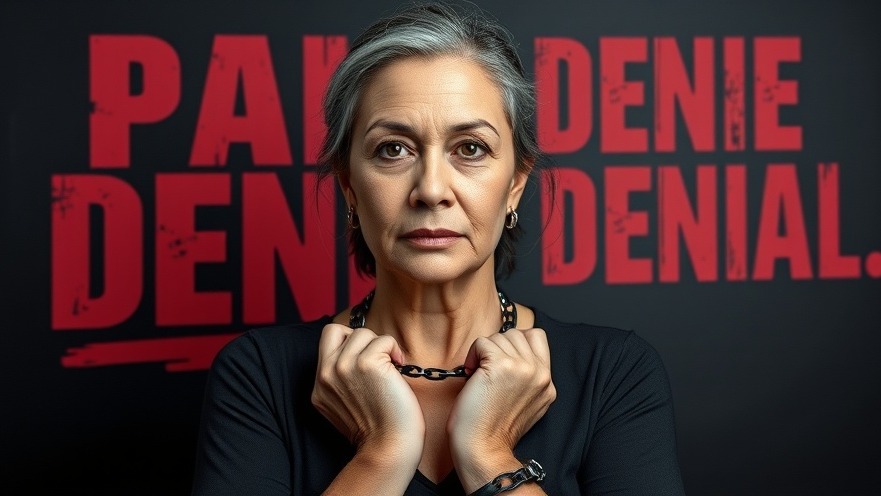
Yolanda Saldívar’s Parole Denied: A Step Towards Justice for Selena
Yolanda Saldívar, infamous for the brutal murder of Tejano music icon Selena Quintanilla, has been denied parole—nearly 30 years after that fateful day in 1995. The decision was made by the Texas Board of Pardons and Paroles, emphasizing Saldívar's violent past and the continuous threat she poses to public safety.
Historical Context of Selena Quintanilla’s Murder
Selena Quintanilla, often hailed as the “Queen of Tejano Music,” was tragically shot by Saldívar, her former fan club president and business associate, in a betrayal that shocked millions. Selena's vibrant life and legacy were cut short at just 23 years old—an event that marked not only the loss of a talented artist but also left a lasting impact on the Latin music industry. Her influence resonates deeply with fans across the globe, making her murder a pivotal moment in music history.
The Psychological Impact of Selena’s Death
For many, the emotional toll of Selena’s death remains palpable, touching fans on multiple levels. The loss of such a talented figure at the height of her career sparked an outpouring of grief that transcended cultural boundaries. As noted in recent statements from Selena's family, the denial of Saldívar’s parole is not just a legal decision; it represents the collective healing process for those mourning the artist’s loss.
Public Sentiment and Reactions
Following the parole denial, countless fans expressed their support for Selena’s family on social media. Chris Perez, Selena's widower, along with her brother A.B. Quintanilla, emphasized their gratitude for the continuous outpouring of public support, stating, "This decision reaffirms that justice continues to stand for the beautiful life that was taken from us." Their sentiments echo a broader consensus among Selena fans that Saldívar should serve her life sentence without the possibility of parole.
Understanding the Parole Process
The parole denial comes after careful consideration by the Texas Board, which reviewed Saldívar’s case for over a year. The board's statement pointed out the brutality and calculated nature of Saldívar’s actions, determining that she remains a threat to society. This thorough evaluation not only reflects the gravity of her crime but also the seriousness of parole considerations traditionally given to convicted offenders.
Future Prospects and Continuing Narratives
As the years march on, the story of Selena continues to inspire despite the tragedy. Her legacy is fortified by her music, and events surrounding her life and untimely death keep discussions alive. Selena's influence fosters an ongoing dialogue about domestic violence and the importance of mental health in the aftermath of trauma, making her story noteworthy well beyond the confines of the music industry.
Conclusion: The Importance of Remembering Selena
Selena Quintanilla’s impact remains enduring, and the denial of Saldívar’s parole reinforces the ideals of justice and remembrance that surround her legacy. While nothing can bring Selena back, the continued advocacy of her family and fans keeps her spirit alive. As we reflect on this significant decision, we are reminded of the importance of preserving narratives that honor those we’ve lost.
Call to Action: To further the conversation about Selena's legacy and justice, engage in community discussions, support initiatives that promote mental health awareness, and continue sharing Selena’s music to keep her spirit alive.
 Add Element
Add Element  Add Row
Add Row 



 Add Row
Add Row  Add
Add 


Write A Comment